Exercise-Induced Hives: Why Some People Break Out After Working Out
Exercise-Induced Hives: Causes, Symptoms & Treatment
 If you’ve ever broken out in hives during or after a workout and been left wondering whether a person can actually be allergic to exercise, you’re not alone. You’re also not entirely wrong to think that.
If you’ve ever broken out in hives during or after a workout and been left wondering whether a person can actually be allergic to exercise, you’re not alone. You’re also not entirely wrong to think that.Also known as urticaria, hives are allergic skin reactions with a diverse range of possible triggers. Common examples include certain medications, foods, environmental factors, or exposure to substances like latex. Exercise can also be a powerful trigger for some people.
But what causes exercise-induced hives in the first place, and what should you do if you think you have them? If you know or suspect that you’re prone to exercise-induced urticaria, the skin experts of Cumberland Skin Surgery and Dermatology can help.
What Are the Signs of Exercise-Induced Urticaria?
Exercise and heavy physical activity really can induce an allergic reaction in some people, and hives – raised welts or patches on the skin that itch, burn, or tingle – are one of the most obvious symptoms. Other symptoms to evaluate yourself for include:
- Red, flushed skin
- Difficulty breathing or choking sensations
- Headaches that come on during or right after exercise
- Stomach or intestinal cramps
- Swelling of the tongue, hands, or face
If you do notice any of the symptoms above (including hives) while exercising, stop the activity right away. If your symptoms don’t resolve within a few minutes, speak to a doctor or dermatologist.
Examples of Hives
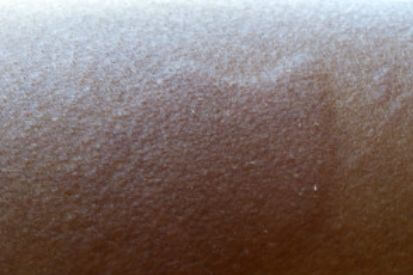
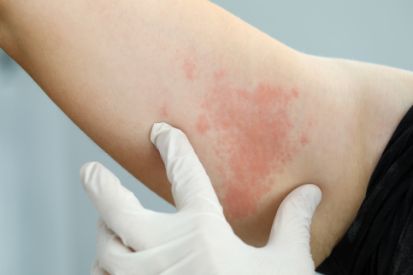
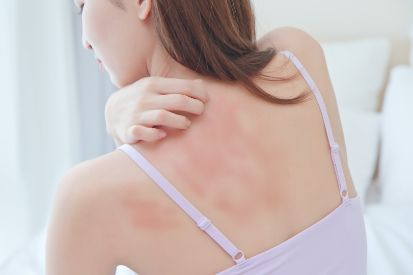
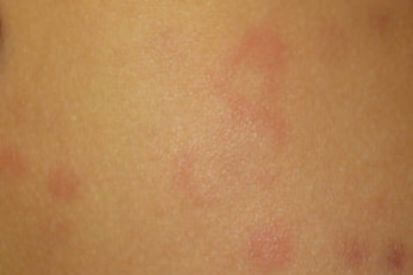
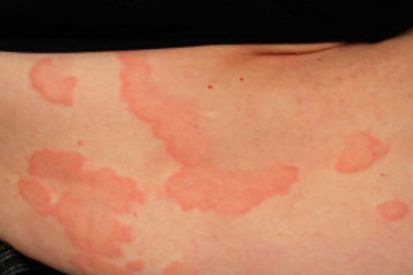
What Causes Exercise-Induced Hives?
Exercise-induced hives occur when the nervous system releases acetylcholine in reaction to increased body temperature. This can irritate the skin to the point that hives develop.
It is unknown why some people have this reaction to exercise while others don’t. However, those who already suffer from asthma, eczema, and other allergy-related conditions are more likely to experience exercise-induced hives.
How to Prevent Exercise-Induced Hives:
Although some people with very severe exercise-induced urticaria may need to avoid physical activity altogether, most cases are fairly easy to control. Here are some tips to try:
Wear clothing that is loose-fitting or made of moisture-wicking materials to help reduce friction and sweat build-up during activity.
Don’t exercise right after eating, as sensitivities to certain foods can trigger urticaria if eaten right before activity. Take special care to avoid spicy meals or known trigger foods.
Choose cooler times of the day to exercise, such as evenings or early mornings.
Try taking an over-the-counter antihistamine to help keep symptoms at bay.
Keep stress to a minimum, as high-stress levels can contribute to hive breakouts.
You should also watch out for patterns associated with your hive breakouts, as it can help you identify additional triggers unique to you. Do certain activities trigger the hives but not others? What about specific clothing choices, environmental conditions, etc.?
If standard prevention measures don’t help and you continue to experience exercise-induced hives, it’s time to see a qualified skin specialist. Possible treatments may include medications like prescription-strength antihistamines. If you’ve ever experienced severe hive breakouts, your doctor may also equip you with an EpiPen to use in case of emergency.
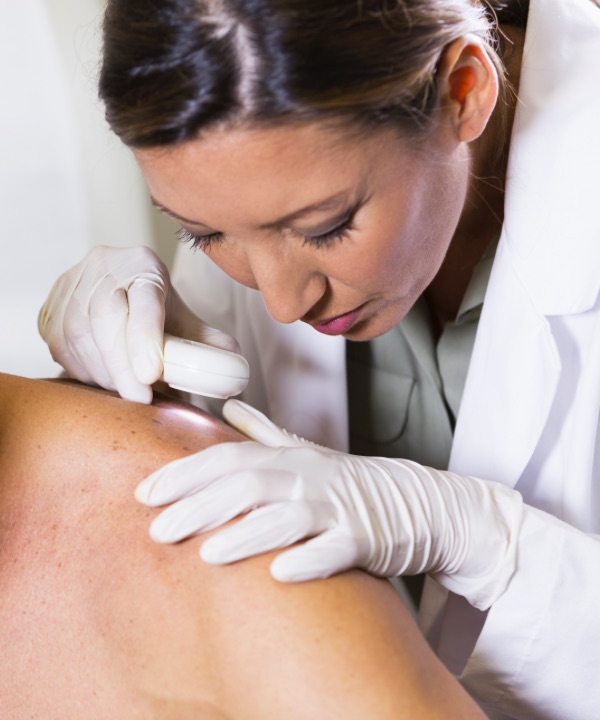
Find Relief from Bothersome Hives at Cumberland Skin
Schedule online with Cumberland Skin and our team will help you find relief from itchy, bothersome hives and other skin conditions.
You Don’t Have to Accept Exercise-Induced Hives
And you don’t have to give up your favorite activities or dedication to living a healthy lifestyle, either. A qualified dermatologist can help you understand why you experience exercise-induced urticaria and work with you to find the right treatment for your needs.
The skin specialists of Cumberland Skin can help you get back to living a full, active life. Take the next step and book your appointment online today!
Featured Products to Soothe Your Skin and Provide Relief
Check your local office for current stock!
Check your local office for current stock!
Related Blog Posts
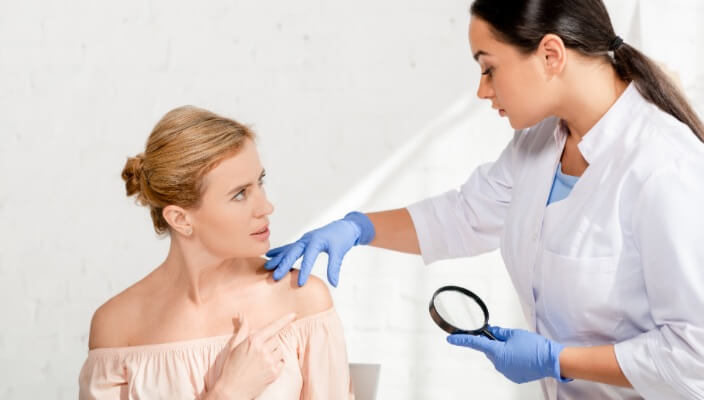
- Skin Cancer
- General Dermatology
- Chronic Skin Conditions
Learn more about the most common types of skin lesions we see at Cumberland Skin and how our dermatologists remove them.
Read More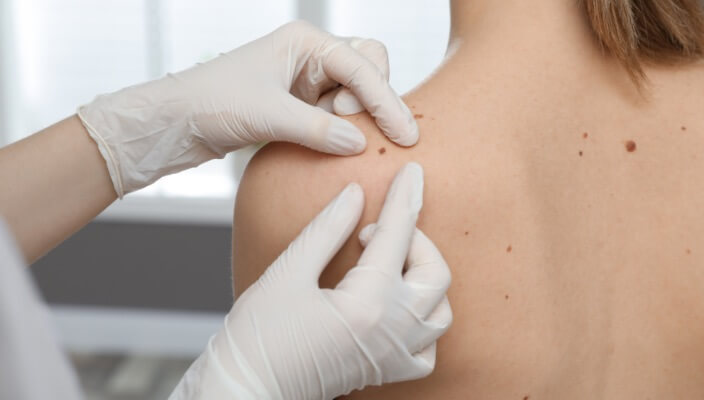
- General Dermatology
- Skin Exams
Preparing for your first dermatology appointment is important because it ensures everything goes as smoothly as possible and that your doctor is up-to-date on the status of your overall health and wellbeing. Here are our expert tips.
Read More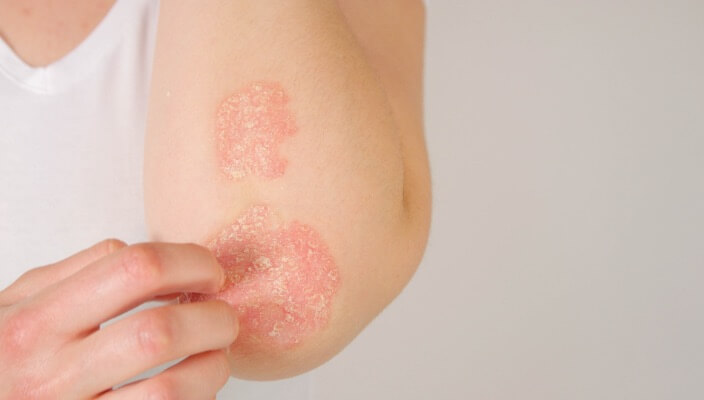
- General Dermatology
- Chronic Skin Conditions
Learn the differences between dry skin, eczema, and psoriasis, their distinct characteristics, and potential triggers. Gain valuable insights into identifying symptoms and seeking appropriate treatment to effectively managing these common skin conditions.
Read More


